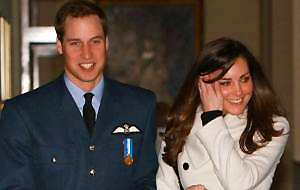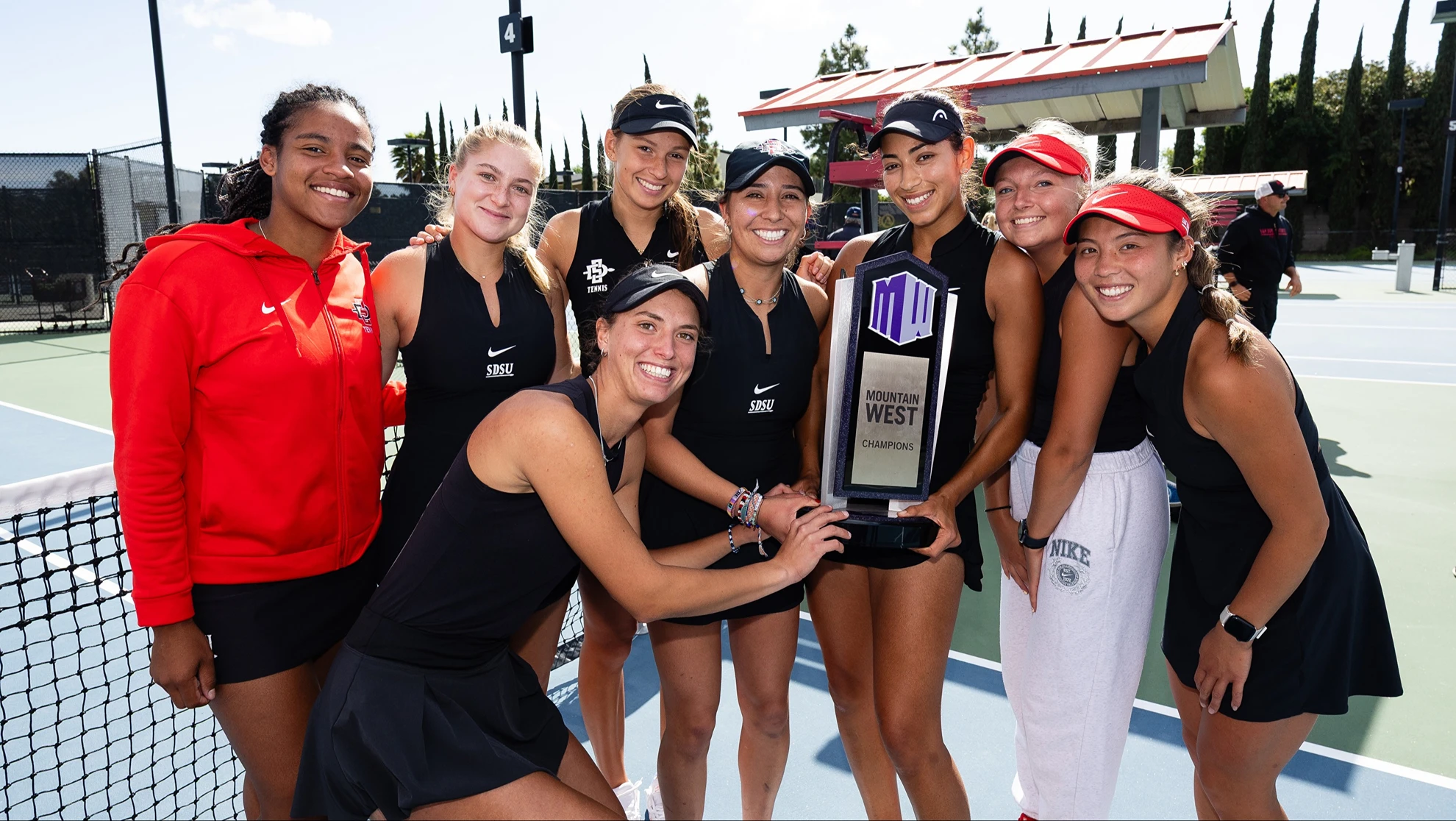Royal Wedding: A Party for Everyone
SDSU history professor Ed Beasley discusses England's royal wedding.

With the royal wedding just a few days away, all eyes are on Prince William and Kate Middleton to see how the historic event will unfold.
But is it all eyes, or just our eyes in America?
Foreign fascination
Over the past few days, British media has commented on and, in some cases, made fun of how more attention is given to the royal wedding here in America than in England.
“They think we have an unrealistic, tourist’s view of the country as being all about afternoon tea and cucumber sandwiches,” said SDSU history professor Ed Beasley. “But that’s not their real daily life, and not everyone is excited about the wedding.”
Polls in England suggest that one third of the country plans on watching the wedding on April 29, a national holiday.
Class differences
As a country defined by class, England has seen a wide array of reactions to the royal wedding.
“There is a vibrant working class culture in England, and in a time of cutbacks, paying money to maintain the royal family is especially offensive right now.”
However, this “anti-royal” sentiment has also led to plenty of irreverent commentary and even comical souvenirs, such as a commemorative platter Beasley saw in London that said, “Thanks for the Free Day Off.”
Others are taking the event more seriously as they feel a sense of national unity and cultural continuity.
The wedding of Queen (then Princess) Elizabeth and Prince Philip in 1947 marked the first time cameras were allowed into Westminster Abbey, where the ceremony took place. It began a new era of publicity for the monarchy, catapulting them further into the spotlight.
Hope for a fresh start
As citizens deal with increased unemployment, violence and economic cutbacks, images of the monarchy’s glamorous life are not always appreciated and that is something that many hope will change.
“Many people see this wedding as a fresh start and are looking to this new generation to refocus the monarchy,” Beasley said.
If Prince William is able to do that, it would not be the first time a ruler has revived the reputation of the monarchy. According to Beasley, Queen Victoria built up the popularity of the monarchy after her predecessors, and King George VI did the same after his brother Prince Edward abdicated the throne in 1936.
No matter how people in England feel about the monarchy and the royal wedding, Beasley was sure of one thing:
“Whether they’re for or against the royal family, the day will be a party for everybody.”



